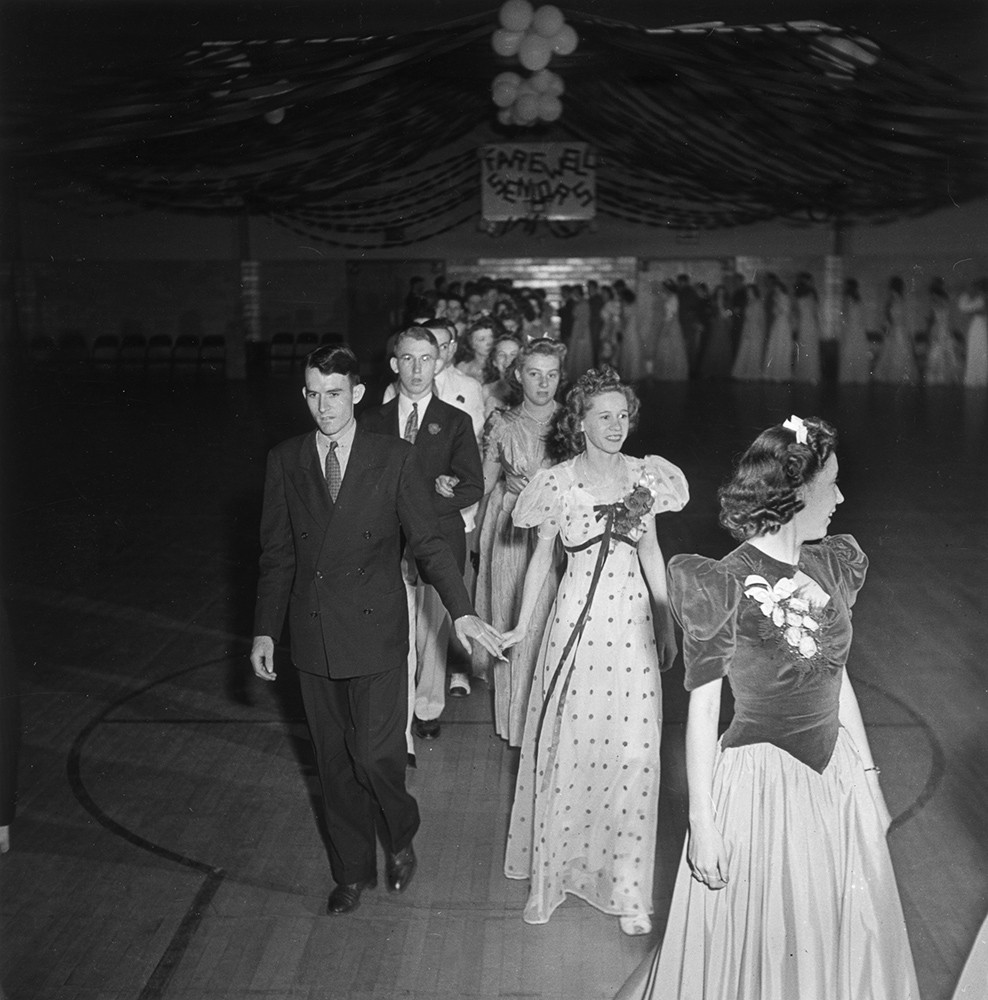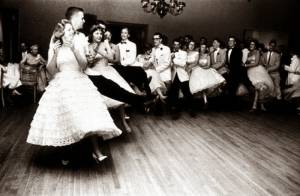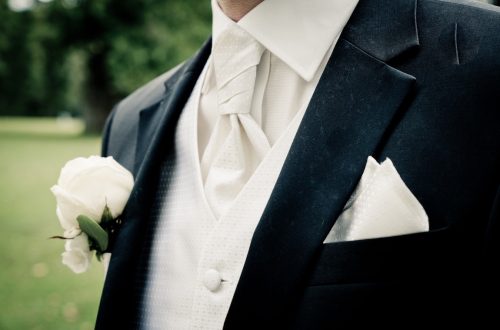
The History of Prom
Proms today are an iconic, integral part of the high school experience. They come complete with stretch limos, fancy ballrooms, live bands, kings and queens, and, most importantly, dresses worthy of movie stars. However, proms have not always been the elaborate, inclusive show they are today. Many scholars believe that high school proms emerged from the popularity of upper-class debutante balls in high society. At these balls, girls in white dresses and white gloves would be proudly escorted into a grand hall for their official introduction to the social dating scene. Invitations were exclusive and official debutantes were few and far between. Indeed, the word prom is short for promenade, or the grand marching beginning to an immensely important social event.

In the early days of high school proms, the nighttime dance served a similar function to a debutante ball. Early proms were times of firsts; the first adult social event for teenagers, the first time taking the family car out after dark, the first real dress-up affair, and so forth. Proms also served as picture-taking events, similar to a first communion or wedding, in which the participants were taking an important step into a new stage in their lives. In earlier days, the prom may have also served as an announcement of engagement for the “best couple” after the prom court had been crowned and recognized.
While high school yearbooks do not start covering proms and including prom pictures until the 1930s and 1940s, historians believe proms may have existed at colleges as early as the late 1800s. The journal of a male student at Amherst College in 1894 accounts an invitation and trip to an early prom at neighboring Smith College for women. The word prom at that time may just have been a fancy description for an ordinary junior or senior class dance, but it would soon take on larger-than-life meaning for high school students.
Proms worked their way down from college gatherings to high school extravaganzas incrementally. In the early 1900s, prom was a simple tea dance where high school seniors wore their Sunday best. In the 1920s and 1930s, prom expanded into an annual class banquet where students wore party clothes and danced afterward. As Americans gained more money and leisure time in the 1950s, proms became more extravagant and elaborate, bearing similarity to today’s proms. The high school gym may have been an acceptable setting for sophomore dances, but junior and senior proms gradually moved to hotel ballrooms and country clubs. Competition blossomed, as teens strove to have the best dress, the best mode of transportation, and the best looking date. Competition for the prom court also intensified, as the designation of “prom queen” became an important distinction of popularity. In a way, prom became the pinnacle event of a high school student’s life, the ultimate dress rehearsal for a wedding.

Today, prom continues to be an elaborately important event in the social climate of high schools. Popular movies and novels attest to the importance of prom themes, prom dates, and prom queens. Still, prom has become more liberal about its requirements for participants and activities. It is no longer quite as important to have a date or to be asked by the perfect guy. More and more girls are choosing their own dates for the prom and more and more guys are going “stag” or with a group of friends. Prom is often still the main social event of the high school season, but it is also a time for fun and the creation of memories for everyone to enjoy.




